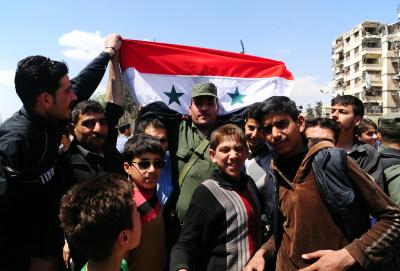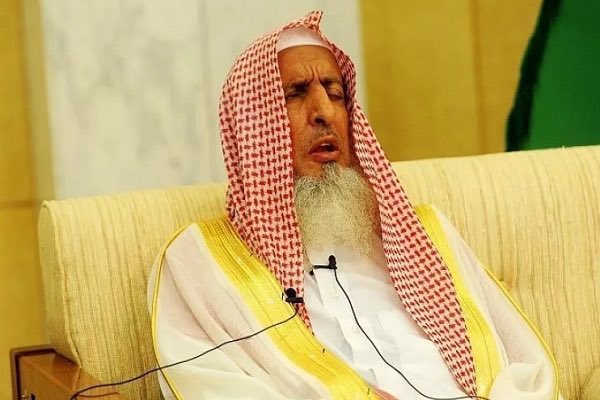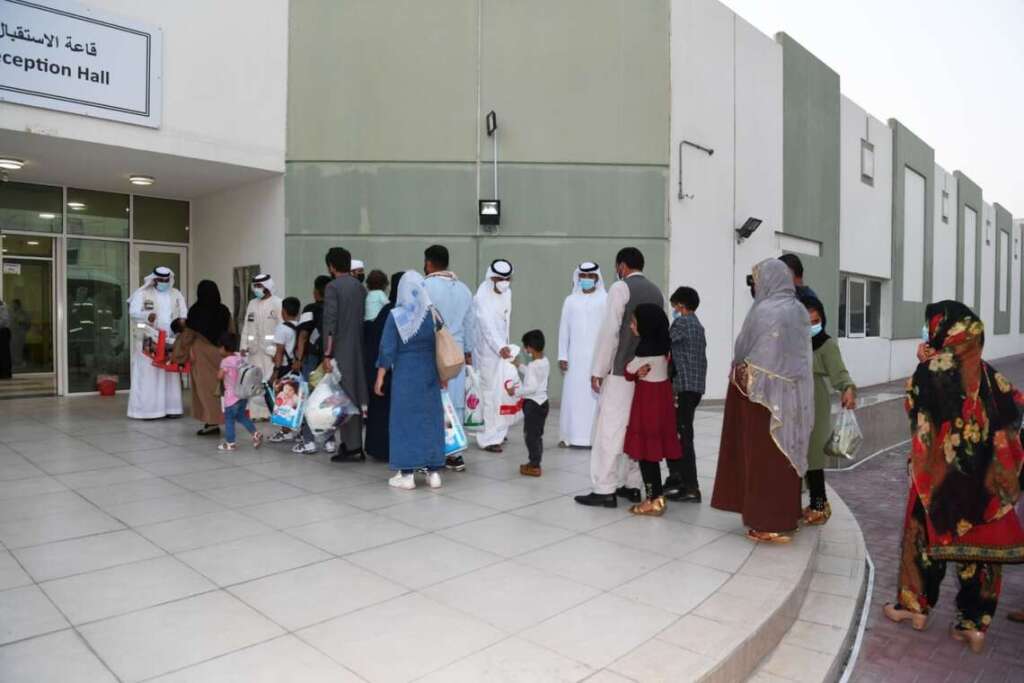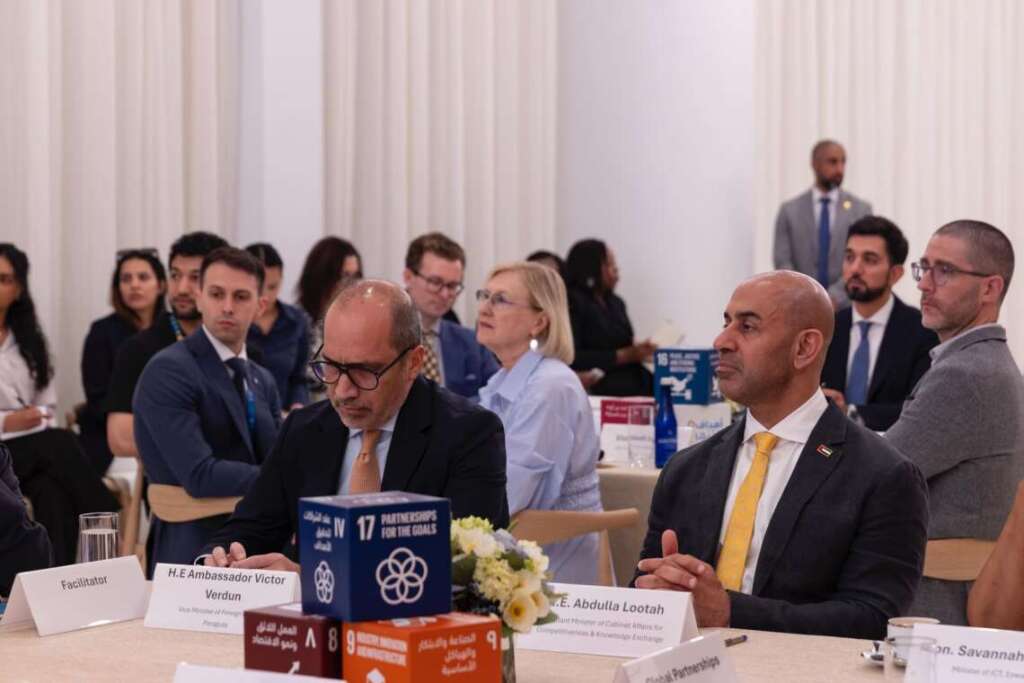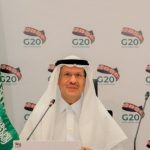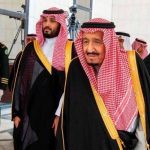Saudi Arabia’s $6.4 billion investment blitz in Syria signals a bold regional shift, backing reconstruction, trade, and diplomacy in a country long isolated by conflict….reports Asian Lite News
Saudi Arabia has signed a sweeping $6.4 billion investment package with Syria, marking the strongest signal yet of Riyadh’s commitment to rebuilding diplomatic and economic ties with Damascus after years of regional isolation.
The agreements, unveiled at the Syrian-Saudi Investment Forum in Damascus, represent a significant shift in the Kingdom’s foreign economic strategy—targeting post-conflict recovery through real estate, telecommunications, finance, energy, and agriculture.
Announcing the deals, Saudi Investment Minister Eng. Khalid Al-Falih said 47 agreements and memoranda of understanding had been finalised, covering a total investment value nearing SAR 24 billion ($6.4 billion). He described the forum as a “new beginning” for Syrian-Saudi cooperation in multiple sectors.
Among the headline deals was a $1.07 billion investment in Syria’s telecommunications sector, including participation from major Saudi players like Saudi Telecom Co., GO Telecom, digital security firm Elm, and cybersecurity firm Cipher. Ed-tech company Classera is also set to contribute to digital transformation efforts.
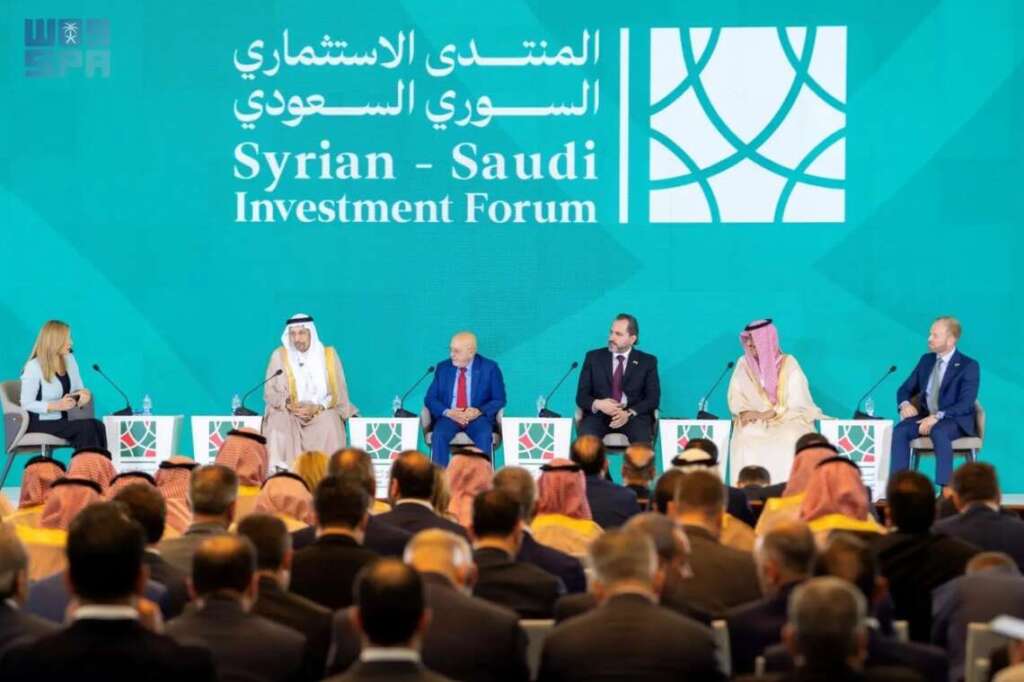
Real estate and infrastructure investments accounted for nearly $2.93 billion, including three new Saudi-financed cement plants aimed at fuelling the country’s rebuilding drive. Notably, Al-Falih laid the foundation stone for the Al-Fayhaa Cement Factory, a SAR 100 million project with an annual capacity of 150,000 tons.
The private sector was also prominently represented. Al-Badia Cement Company, a key player in Syria’s post-war recovery, announced over $200 million in new investment to expand production lines and explore partnerships with state-owned facilities to stabilise the market and support reconstruction.
In finance, a memorandum of understanding between the Saudi Tadawul Group and the Damascus Securities Exchange is expected to spark cooperation in the fintech sector, reflecting a growing Saudi interest in Syria’s financial rehabilitation.
Agriculture, a cornerstone of Syria’s traditional economy, will also benefit. Al-Falih said the two nations would pursue high-quality joint ventures in model farming and food processing. Meanwhile, discussions were held around potential partnerships in tourism, trade, healthcare, energy and CIT.
The forum, held under the patronage of Syrian President Ahmad al-Sharaa, was attended by top ministers from both sides, including Syrian Economy Minister Dr. Mohammad Nidal Al-Shaar, and Tourism Minister Mazen Al-Salhani. A special panel session praised Saudi Arabia’s role in supporting Syria’s economic revival and long-term sustainability.
Al-Falih emphasised the “genuine desire” among Syrian authorities to create an attractive investment climate. “Syria is leaping forward as an investment-attractive country despite all challenges,” he said. “We’ve seen strong willingness to offer opportunities to Saudi businessmen.”
He also laid the foundation stone for the Al-Jawhara Commercial Tower in central Damascus—a mixed-use development project spanning 25,000 square metres with retail, office, and hospitality units, backed by SAR 375 million in Saudi-Syrian capital.
The visit was capped by the formal establishment of the Saudi-Syrian Business Council, expected to serve as a long-term platform for trade cooperation and dialogue between the two nations’ private sectors.
The investment push follows Saudi Arabia’s earlier move to settle Syria’s $15 million debt to the World Bank, signalling a broader strategy of normalising relations and rebuilding war-torn economies through regional economic diplomacy.
Al-Falih’s delegation concluded its Damascus trip with a series of field visits and ministerial meetings aimed at deepening bilateral engagement. Saudi officials framed the initiative as a gesture of solidarity, anchored by the leadership of King Salman bin Abdulaziz and Crown Prince Mohammed bin Salman, to support Syria’s “recovery, growth, and long-term prosperity.”


